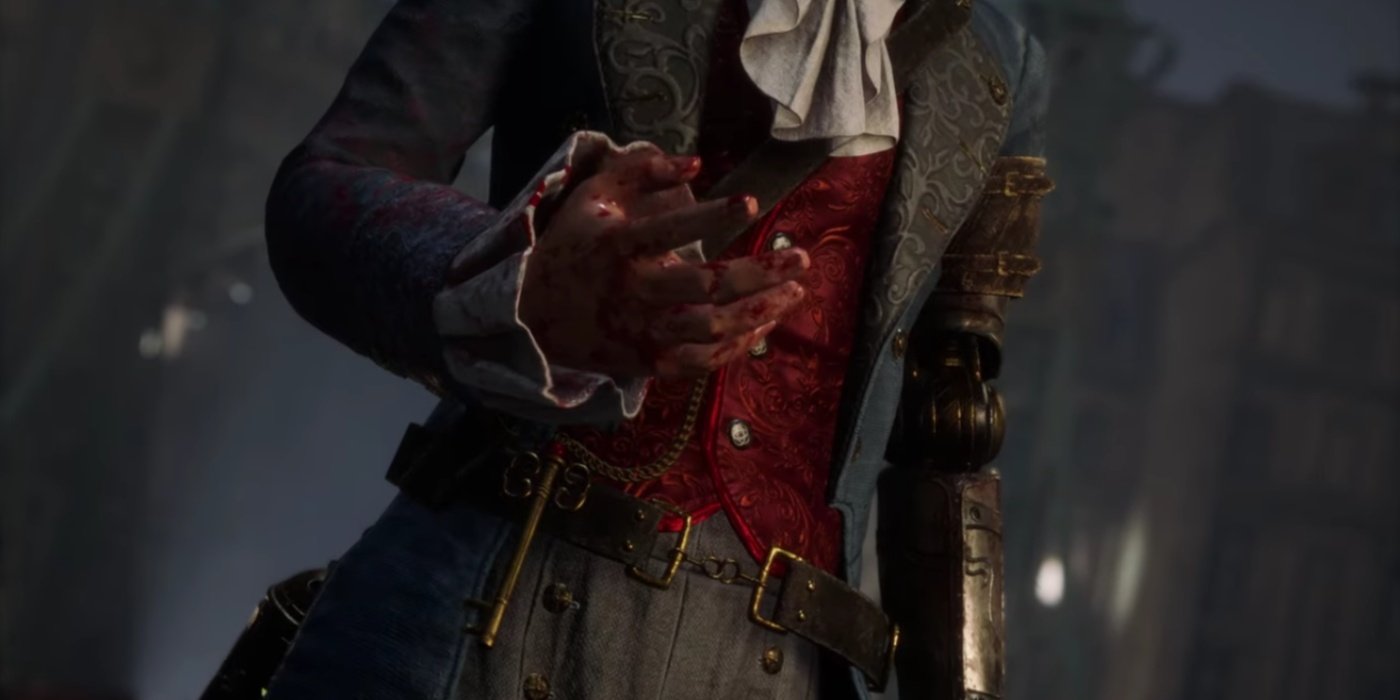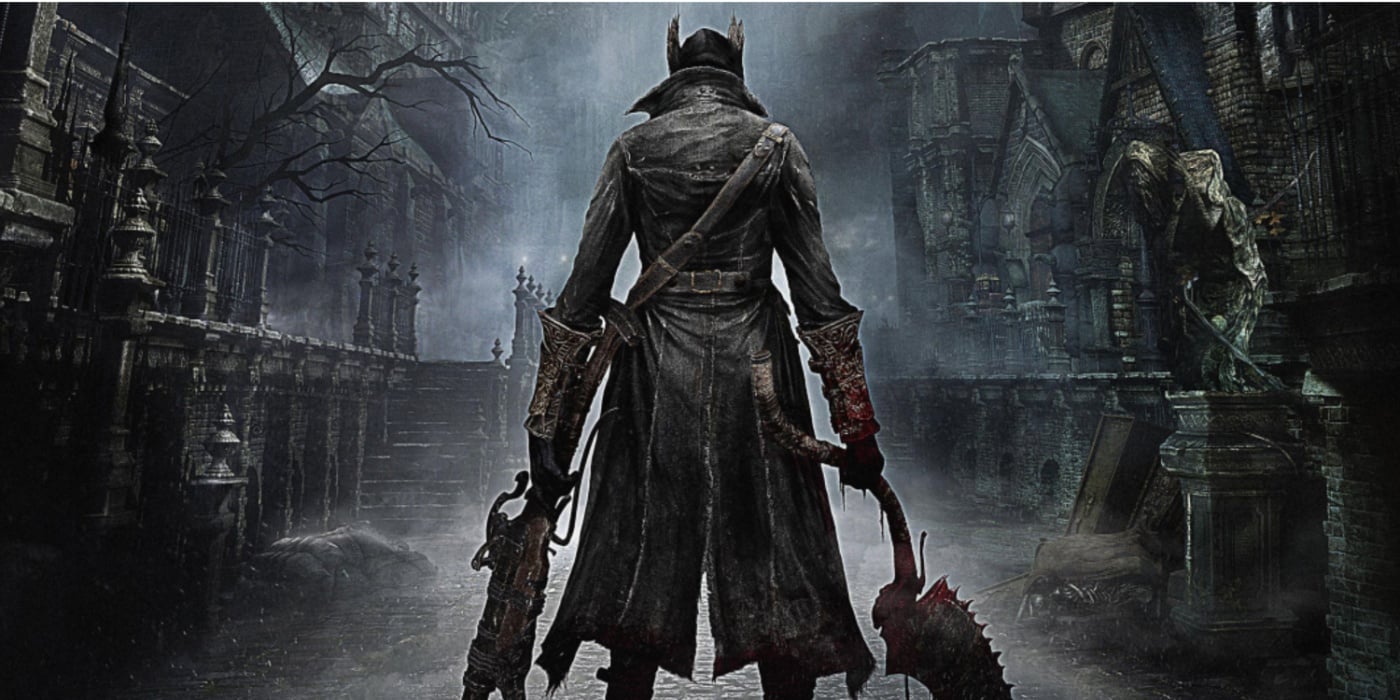The burgeoning genre of Soulslike games has brought a new surprise hit to the forefront of the industry with Lies of P. Developer Neowiz is not shy in borrowing ideas from the critically acclaimed line of FromSoftware Soulslike titles. That said, the game has drawn the most direct comparisons, specifically from Bloodborne. It’s not hard to see why many are specifically comparing Lies of P and Bloodborne. Both share Euro-Gothic settings that even have fairly identical grey-blue color palates, emphasizing the despair-ridden streets filled with terrifying enemies. Everything from the mechanics to the level design and layout in Lies of P is reminiscent of Bloodborne. Yet, the question is whether or not Lies of P does any of these things better than the 2015 FromSoftware classic.
Comparing Lies of P and Bloodborne

There certainly are a lot of similarities between Lies of P and Bloodborne, but there are a number of notable differences, as well. Many of these differences will likely be what tips the scales on opinions of these games for each player. One of the most major of these differences is difficulty. Difficulty is one of the most important things in a Soulslike game. It’s a genre for gamers looking to test their absolute limits with soul-crushing (pun intended) bosses and tangible danger lurking around every corner. Lies of P is certainly no walk in the park, but it does feel a touch easier than Bloodborne in most areas. That may make the game more appealing for those who want a slightly more accessible Soulslike, or it may feel somewhat neutered for veterans of the genre.
Many of the differences between Lies of P and Bloodborne are what factor into this difficulty difference. Lies of P much more clearly communicates its combat with features like the changing color of the health bar and the symbol that informs the player when a backstab kill can be performed. The frequency of Bonfires, or Stargazers, as they’re called in Lies of P, also appears to be more frequent, which decreases the number of frustrating moments the player will experience when they’ve explored for a while and die to a suddenly tough enemy without finding a place to save their progress.
Both games have a lot of weapon diversity, but that diversity manifests in very different ways. The weapon assembly system in Lies of P certainly makes it feel like the game has the edge with customization. There are so many varied options the player can choose from when combining blades and handles to create a wide assortment of interesting and powerful weapons. Bloodborne has ranged weapons, though, which completely change the way combat can be approached and can feel so satisfying.
The last major difference that many have noted and certainly works to Bloodborne’s advantage is the absence of multiplayer in Lies of P. Co-op is a fun and often invaluable tool for players attempting to take on any of the nasty boss fights in a FromSoftware game. The absence of the feature in Lies of P is definitely felt and sorely missed.
The Winner

Ultimately, which game is the better experience will largely come down to the preferences of the player. Those newer to the genre of Soulslike games could very likely prefer Lies of P, as the game has clearly learned from many of the vented frustrations from veterans of past Soulslike titles. For players who have been involved for some time in Miyazaki’s works and the other games they’ve inspired, it will likely be tough to sell them on the idea that Lies of P is somehow better than the game that many consider its forefather. That certainly doesn’t mean Lies of P isn’t good, though, and if there’s one thing Bloodborne fans have been wanting, it’s more content like Bloodborne.
With that being said, the legacy of Bloodborne has been cemented throughout the eight years since the game’s initial release. It’s affirmed itself as an all-time classic, one of the best games on the PS4, and many call it the greatest FromSoftware game the developer has ever put out. Regardless of the initial reception to Lies of P, while it’s fresh on the market, the game will need a lot more time and consideration to receive Bloodborne-level accolades or to have a strong and lasting influence on the industry.





